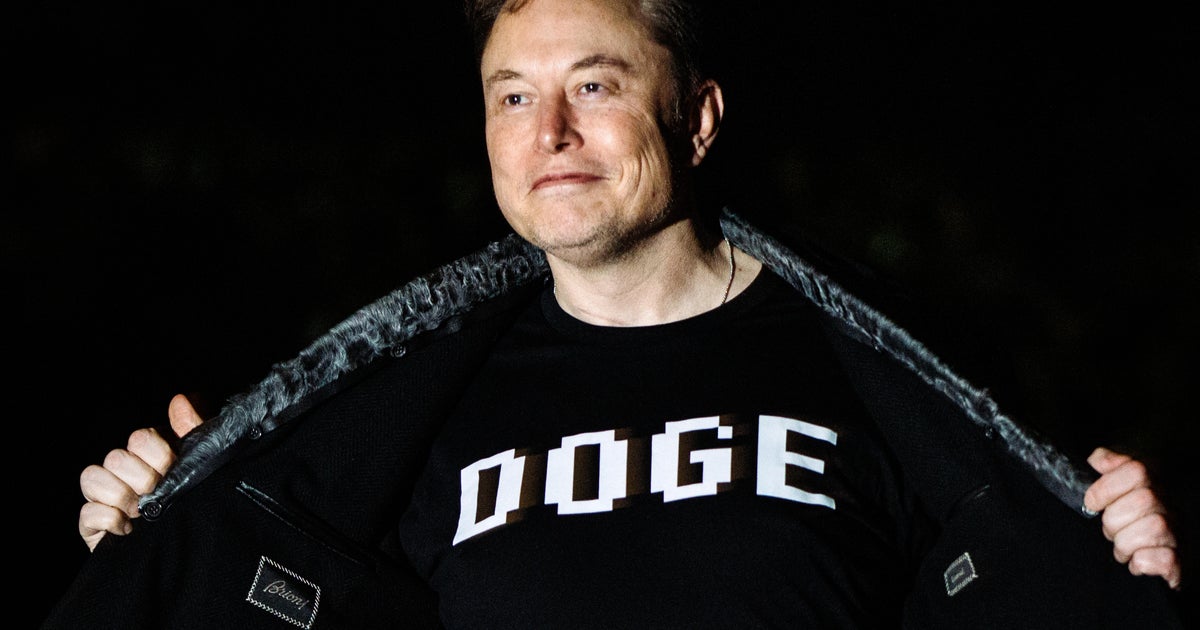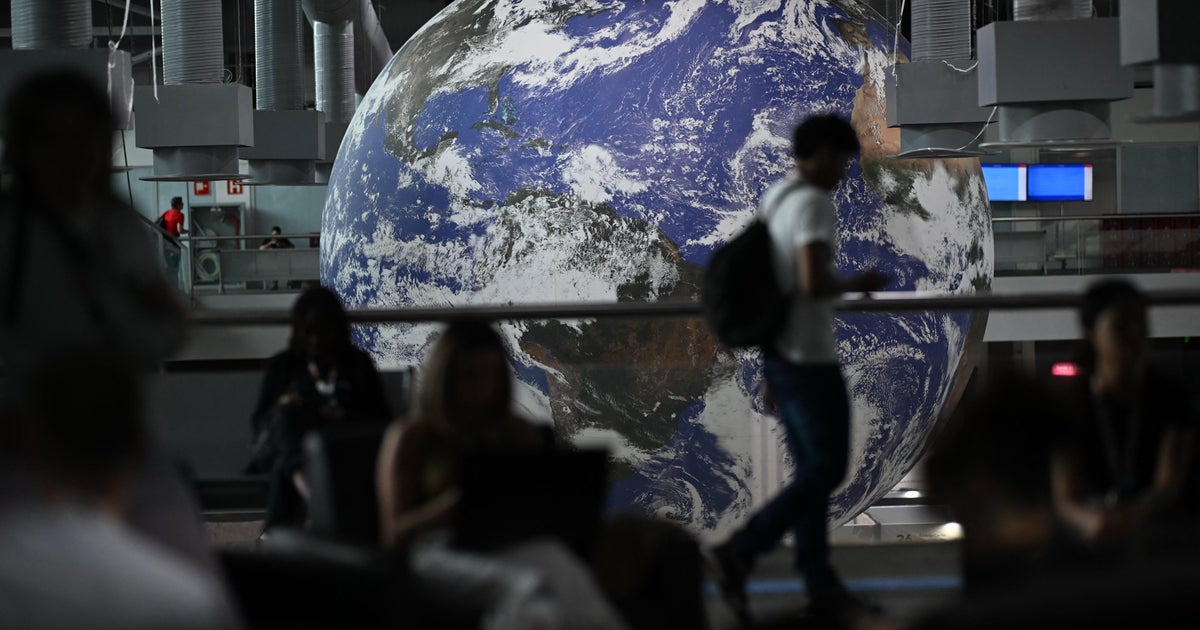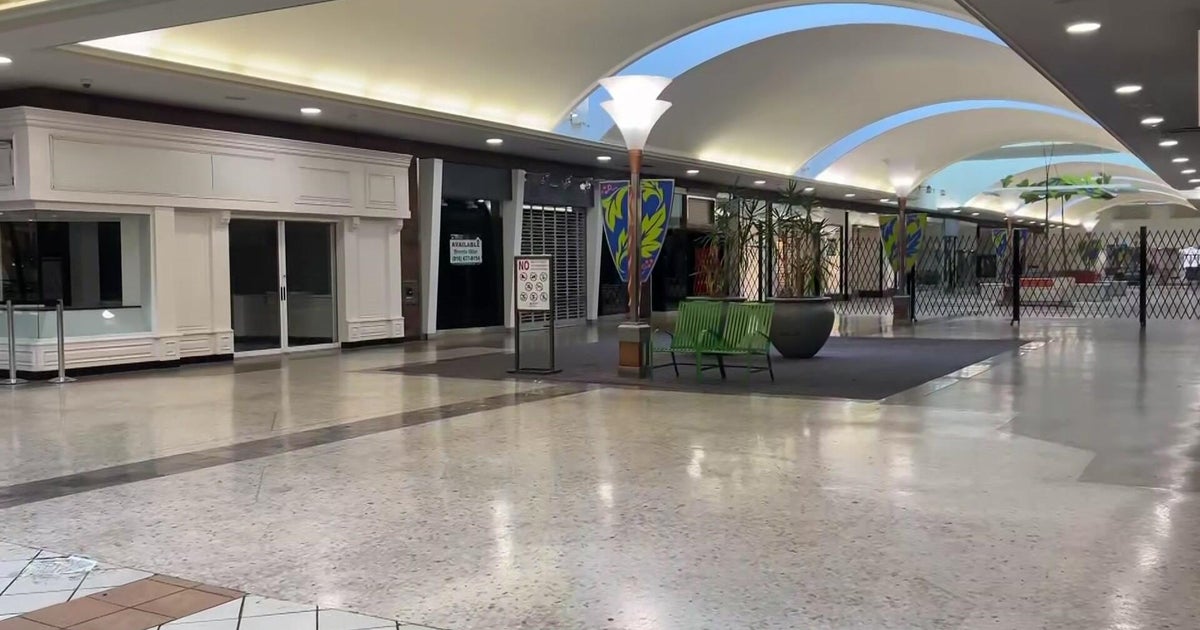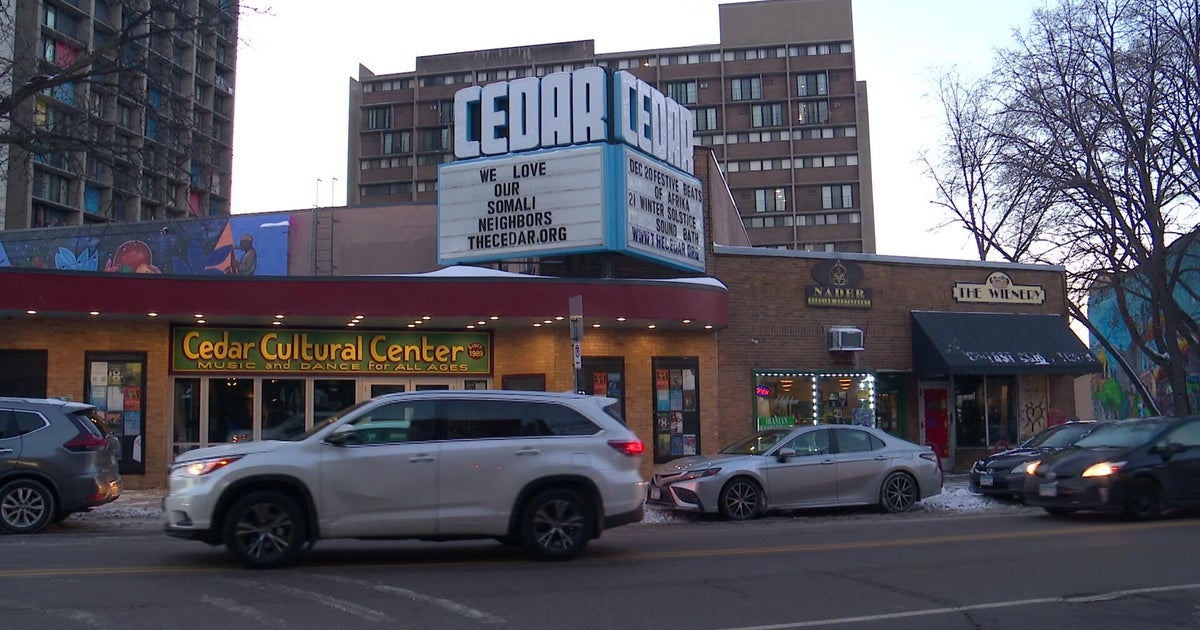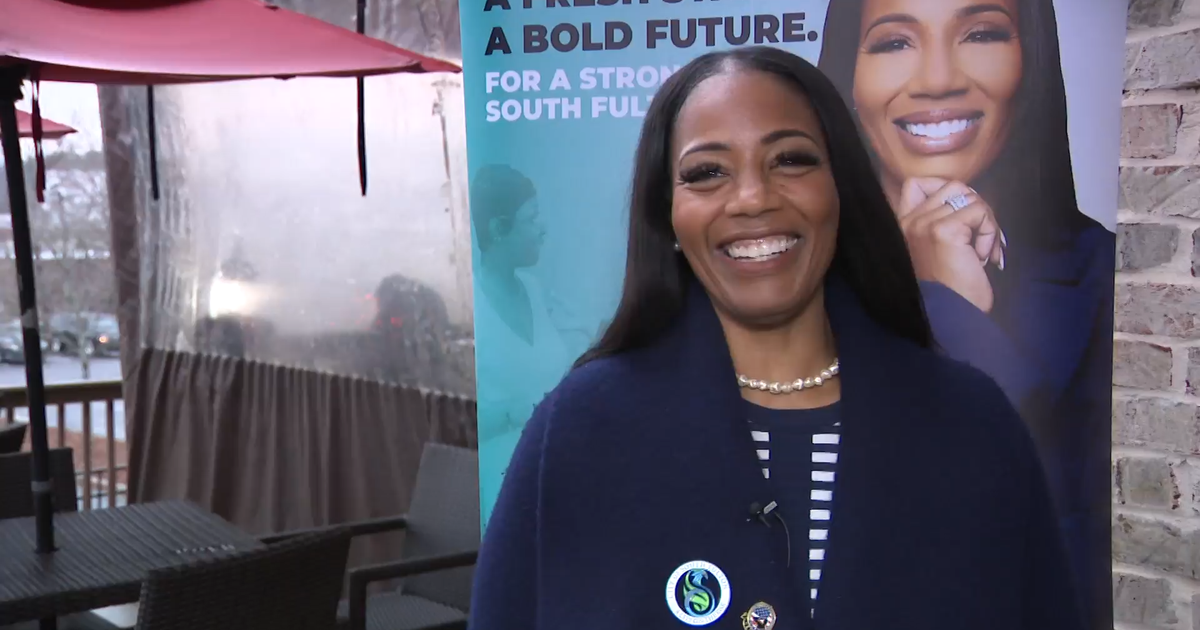We're in a "trust paradox": Strong economy, yet no institution is trusted, new study says
The past year has seen strong economic performance and nearly full employment — but has not fostered a sense of trust in institutions, according to the 2020 Edelman Trust Barometer. Despite the strong economy, no institution is fully trusted, leading to something Edelman calls the "trust paradox."
According to Edelman, the paradox is driven by a sense of unfairness, inequality of income, and fear about the future.
Edelman, a global communications firm, surveyed over 33,000 people across 28 markets worldwide.
The results showed a stark divide between what Edelman calls the "mass population" and the more educated and affluent group it calls the "informed public," which makes up just 17% of the global population.
Two-thirds of "mass population" respondents do not believe they will be better off in five years, and less than 20% "express confidence in the system." By comparison, more than half of those in the "informed public" believe they will be better off in five years.
According to the survey, 83% of respondents said they're afraid of losing their job in the next decade due to an increase in automation, the gig economy, and globalization. Tied to automation is the rapid development of technology — paralleled by a rapid loss in trust.
"All of sudden technology has a problem. We see that the pace of change is too fast, that government can't keep up with tech on regulation," Edelman said. "For the first time we see a big crack: tech was the most trusted institution always for the last 20 years, and now, in a third of the countries, it's not anymore."
Edelman, a global communications firm that has tracked trust in institutions since 2000, and says people grant their trust based on two distinct considerations: competence (delivering on promises), and ethical behavior (doing the right thing and working to improve society).
In the survey, respondents were asked to rate their sense of trust in four major institutions: government, business, non-governmental organizations (NGOs), and media.
Of the four, media has suffered the greatest loss in trust, according to Edelman.
"There's a deep yearning for media that's in the middle, that actually just covers the news and leaves the opinion behind," he said. "Forty percent of people tell us that they've signed off from mainstream media, and rely on social. And yet, trust in social media is only 25%."
According to Edelman, trust in media is closely intertwined with low trust in government.
"It's an ideological view of the world, and it has to do with media as well. Democrats see media as the last remaining wall of trust in the country, and Republicans think it sensationalizes and politicizes everything," he said.
The vacuum of trust in government and media has left that trust up for grabs.
"Business is stepping into the void left by politicized and partisan government," he said. "And the 'why' is: business is seen as deeply competent — 30 points higher than government at 'getting things done.'"
"I think people believe that business has the most flexibility and the most ability to change things," he said. "It's not that business is seen as brilliantly ethical, it's that business gets stuff done."
This shift in trust toward companies is so significant that business is now for the first time tied with NGOs — which have consistently been the most trusted type of institution. Two-thirds of consumers are "belief-driven buyers," according to Edelman, who are increasingly exercising what he calls "brand democracy."
"'I can vote every day in the store, and I only can vote every four years,'" he said of consumers' rationale.
It is no longer only a matter of what you do, it's also how you do it, according to the report. Now people are looking for government to match what business has tapped into.
"People see government as twice as credible as business about income inequality, about sustainability, and about job training," Edelman said. "They really want government to act in concert with business."
